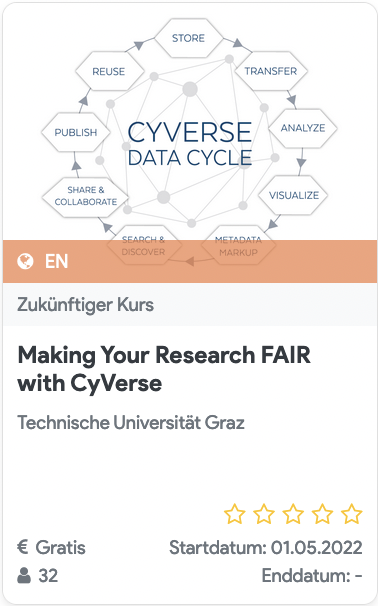Our chapter about „Quiz Feedback in Massive Open Online Courses from the Perspective of Learning Analytics: Role of First Quiz Attempts“ got published:
Abstract:
Massive open online course (MOOC) platforms within the so-called xMOOC framework typically host quizzes, sometimes as part of the course assessment. Within our contribution we look at and describe quizzes and their results as a feedback for learners. Additionally, we describe current research on quizzes in MOOCs, especially from a learning analytics perspective. Building upon this, we explore data from a single MOOC (N = 1,484) from the Austrian MOOC platform iMooX.at where quizzes are used for final assessment but can be repeated up to five times within the course. The analysis of quiz activities shows a moderate correlation (r = 0,2765, N = 957) of the very first attempt with the final MOOC success.
[full chapter @ book’s homepage]
[draft @ ResearchGate]
Reference: Schön S., Leitner P., Ebner M., Edelsbrunner S., Hohla K. (2022) Quiz Feedback in Massive Open Online Courses from the Perspective of Learning Analytics: Role of First Quiz Attempts. In: Auer M.E., Hortsch H., Michler O., Köhler T. (eds) Mobility for Smart Cities and Regional Development – Challenges for Higher Education. ICL 2021. Lecture Notes in Networks and Systems, vol 389. Springer, Cham. https://doi.org/10.1007/978-3-030-93904-5_94

